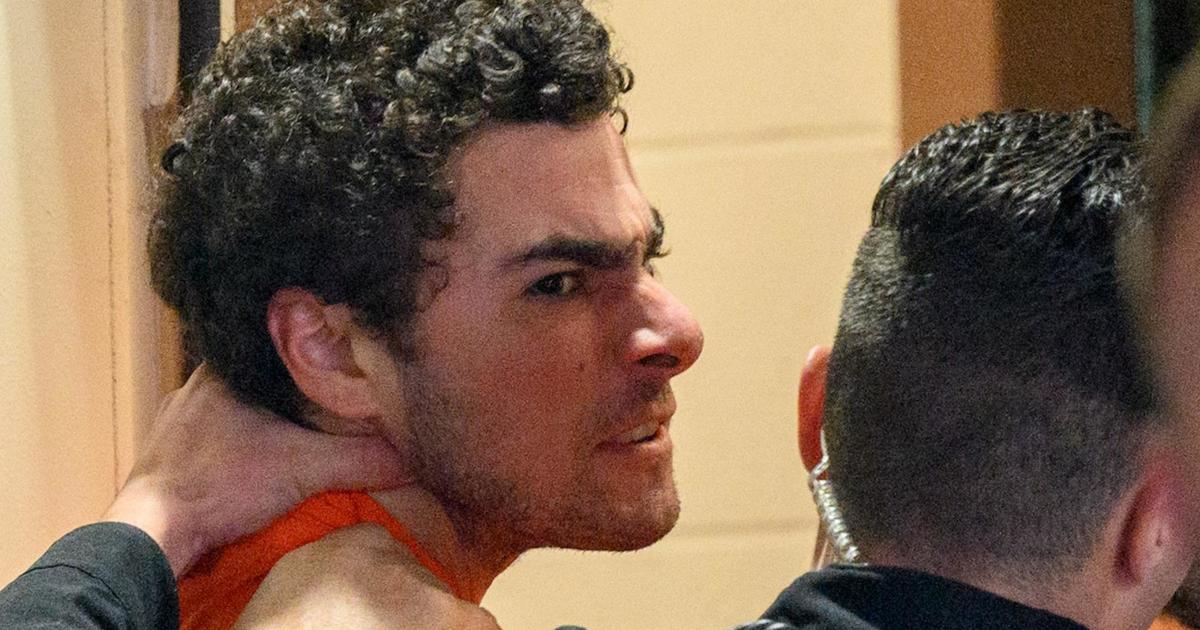The arrest of 26-year-old Luigi Mangione, accused of fatally shooting UnitedHealthcare CEO Brian Thompson, has sparked a frenzy across social media platforms, with responses ranging from fervent support to outright condemnation. Since his apprehension in Altoona, Pennsylvania, on December 9, 2024, hashtags like #FreeLuigi have trended online, igniting debates about justice, corporate accountability, and the role of social media in shaping public opinion.
Mangione’s online presence became a focal point almost immediately after his arrest. His Instagram and X (formerly Twitter) accounts saw a dramatic spike in followers, with users flooding comment sections to voice their opinions. Supporters praised Mangione as a whistleblower or “symbol of resistance” against corporate practices in the healthcare industry, while detractors accused him of being a violent criminal undeserving of any glorification.
Several social media accounts and pages have been created to express solidarity with Mangione, many of them adorned with hashtags like #JusticeForLuigi and #FreeLuigi. These accounts have shared his past posts, which were often critical of the healthcare industry, as well as edited photos and memes portraying Mangione as a modern-day folk hero. Some supporters argue that his alleged actions stem from frustration with a broken healthcare system, while others see him as a scapegoat in a larger societal issue.
On the flip side, critics have slammed the support for Mangione as irresponsible and harmful. “This is not about healthcare reform; this is about a murder,” one X user wrote. Another commenter added, “Glorifying violence only perpetuates the cycle. Let the courts handle this.”
The controversy extends beyond social media. Legal experts and social commentators have weighed in on the ethics of turning an accused murderer into a symbol of resistance. “This case raises important questions about the role of social media in distorting public perception of criminal acts,” said Dr. Sandra Martinez, a sociologist specializing in online behavior. “We’re witnessing the intersection of celebrity culture and moral outrage, which can muddy the waters of justice.”
Mangione’s arrest followed a weeklong manhunt after the murder of Brian Thompson on December 4, outside the New York Hilton Midtown. Authorities allege that Mangione ambushed Thompson, firing multiple shots before fleeing the scene on an e-bike. At the time of his arrest, Mangione was found in possession of a ghost gun, multiple fake IDs, and a manifesto that reportedly detailed grievances against the healthcare industry.
As the investigation continues, law enforcement officials are also examining Mangione’s digital footprint for potential connections between his online rhetoric and the alleged crime. The manifesto, along with his social media activity, may play a key role in the prosecution’s case as they seek to establish intent and motive.
Meanwhile, the public discourse surrounding the case underscores broader societal tensions. Critics of the healthcare industry have pointed to the incident as a symptom of deeper systemic issues, while others argue that the focus should remain on justice for Brian Thompson and his family.
The case has also highlighted the darker side of social media, where polarizing narratives can gain traction quickly. Platforms like X and Instagram are once again under scrutiny for their role in amplifying voices, both supportive and critical, in high-profile criminal cases.
As Mangione awaits trial, the world watches closely. Legal proceedings are expected to be lengthy and closely followed by a divided public. Whether Mangione is seen as a villain, a misguided activist, or something in between, his case has already sparked a broader conversation about corporate accountability, justice, and the power of social media in shaping narratives.
Sources:
- Newsweek: Social Media Reacts to Luigi Mangione\’s Arrest
- TooFab: Social Media Reactions to Luigi Mangione Arrest
- Yahoo News: Watch: Social Media Reaction to UnitedHealthcare CEO Shooting

